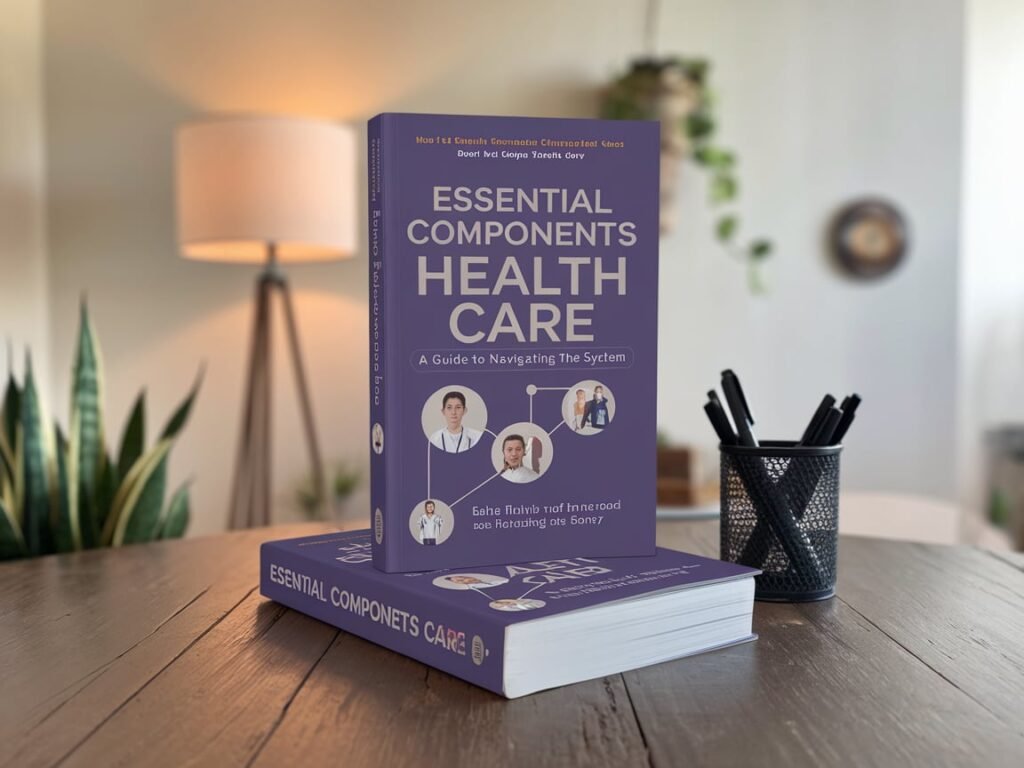Introduction
Health care is a fundamental aspect of our lives, influencing not only our physical well-being but also our emotional and mental health. In a rapidly evolving world, understanding health care—how it works, what services are available, and how to access them—is crucial for maintaining optimal health. This article delves into the various components of health care, its importance, and practical tips for navigating the health care system effectively.
The Importance of Health Care

1. Preventive Care
Preventive care focuses on disease prevention and health maintenance. Regular check-ups, vaccinations, and screenings can help identify health issues before they become severe. This proactive approach can lead to better health outcomes and reduced healthcare costs in the long run.
2. Access to Services
Health care provides access to essential services, including:
- Primary Care: Regular health check-ups and management of chronic conditions.
- Specialty Care: Services provided by specialists for specific health issues, such as cardiology or endocrinology.
- Emergency Services: Immediate care for acute illnesses or injuries.
3. Mental Health Support
Mental health is just as important as physical health. Access to mental health services—such as therapy, counseling, and psychiatric care—can help individuals manage stress, anxiety, and other mental health conditions.
4. Health Education
Health care systems often provide education on various health topics, empowering individuals to make informed decisions about their health. This can include information on nutrition, exercise, chronic disease management, and preventive measures.
Key Components of Health Care
1. Health Insurance
Health insurance is a critical part of accessing health care. It helps cover the costs of medical services, medications, and treatments. Understanding your insurance plan, including coverage options, deductibles, and co-pays, is essential for effective health care navigation.
2. Health Care Providers
Health care providers include a variety of professionals, such as:
- Primary Care Physicians: First point of contact for general health concerns.
- Specialists: Experts in specific fields (e.g., cardiologists, dermatologists).
- Nurses and Physician Assistants: Supportive roles in patient care, often providing valuable assistance in treatment and education.
3. Facilities
Health care facilities vary from hospitals and urgent care centers to outpatient clinics and rehabilitation centers. Knowing where to seek care for different health needs can enhance your health care experience.
Tips for Navigating the Health Care System
1. Know Your Insurance Plan
Familiarize yourself with your health insurance plan’s coverage, including which services are included, any out-of-pocket costs, and preferred providers. This knowledge can help you avoid unexpected expenses.
2. Keep Records
Maintain an organized record of your medical history, including past illnesses, medications, and allergies. This information is valuable for your health care providers and can improve the quality of care you receive.
3. Ask Questions
Don’t hesitate to ask your health care providers questions about your treatment, medications, or health concerns. Clear communication is essential for understanding your health and making informed decisions.
4. Seek Preventive Care
Make preventive care a priority by scheduling regular check-ups and screenings. Early detection can make a significant difference in health outcomes.
5. Utilize Telehealth Services
Take advantage of telehealth options when appropriate. Many health care providers now offer virtual appointments, making it easier to access care from the comfort of your home.
Conclusion
Navigating the health care system can be complex, but understanding its importance and key components empowers individuals to take charge of their health. By prioritizing preventive care, knowing your insurance options, and maintaining open communication with health care providers, you can enhance your overall wellness. Remember, health care is not just about treatment; it’s about fostering a proactive approach to health that benefits your body and mind.
FAQs
- What is preventive care?
Preventive care includes services like vaccinations, screenings, and regular check-ups aimed at preventing health issues. - How do I choose a primary care physician?
Consider factors such as location, insurance coverage, and provider reviews. It’s important to find a physician you feel comfortable with. - What should I do if I have a health concern?
Schedule an appointment with your primary care physician for evaluation and guidance. - How can I access mental health services?
Consult your primary care provider or look for local mental health professionals and resources. - What are telehealth services?
Telehealth services allow you to consult health care providers remotely, often through video calls or phone consultations.

